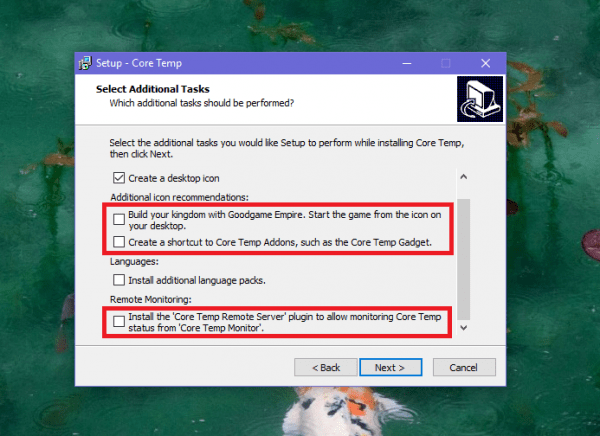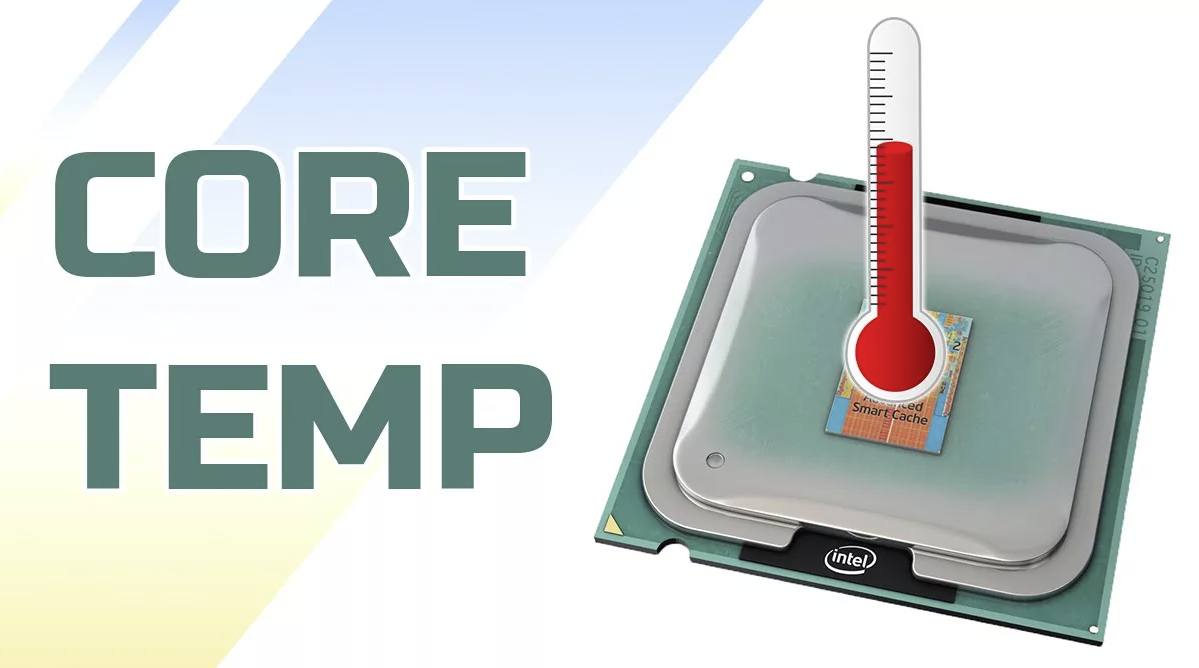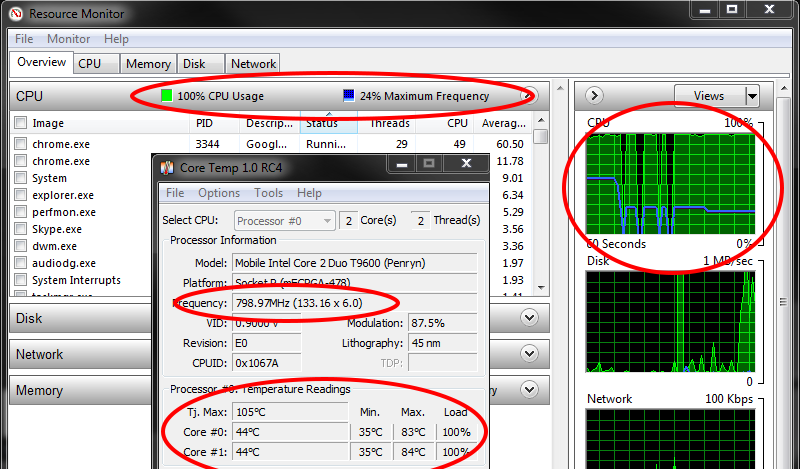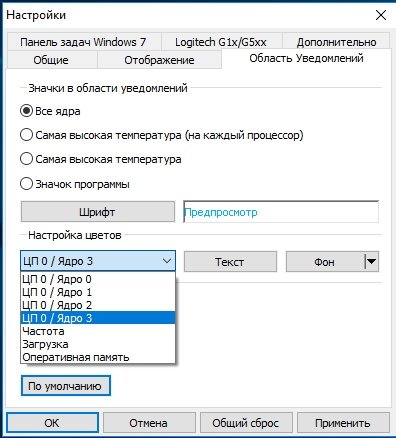


- Core temp 1.13 readme file how to#
- Core temp 1.13 readme file driver#
- Core temp 1.13 readme file software#
- Core temp 1.13 readme file series#
Core temp 1.13 readme file how to#

Not all platforms ship with the Razor LSP, such as Linux arm64.Known limitations with the preview Razor (cshtml) language service to be addressed in a future release:.After selecting a solution filter (*.slnf) from the project selector, the solution's name will be displayed in the status bar instead of the filter's.NET framework, you need to set "eModernNet": false. Change: Windows Vista 64-bit is no longer supported.Fix: Engineering Sample recognition on newer Intel processors.Fix: Incorrect temperature on AMD Zen processors (missing -49C offset).Fix: Base multiplier detection on AMD Zen processors.Fix: Improve support for multiple older AMD and Intel processors.Fix: Thread count on Intel hybrid architectures (Raptor/Alder Lake).Fix: Bclk detection on older Intel platforms, utilizing x2Apic configuration.
Core temp 1.13 readme file series#
Fix: Workaround the Bclk detection issues on Intel Skylake and newer series.Fix: Redesign Bclk detection on all AMD platforms starting from the Phenom series.
Core temp 1.13 readme file driver#
Fix: Address the kernel-mode driver vulnerability/exploitation issues.New: TDP, TjMax, multiplier range detection on desktop AMD Zen platforms.New: Intel Raptor Lake and Alder Lake support.New: AMD Zen 4, Zen 3 APU and Zen 2 APU support.Single Core Opterons starting with SH-C0 revision and up.

This eliminates any inaccuracies that can be introduced by external motherboard circuits and sensors.
Core temp 1.13 readme file software#
This sensor is digital, which means it doesn't rely on an external circuit located on the motherboard to report temperature, its value is stored in a special register in the processor so that software can access and read it. The temperature readings are very accurate as the data is collected directly from a Digital Thermal Sensor (or DTS) which is located in each individual processing core*, near the hottest part. All of the Nano based processors are supported as well. VIA processors starting with the C7 generation of CPUs, including all the derivatives based on the C7 architecture. AMD processors starting with the first Athlon64 and Opteron processor series, all Phenom and AMD's new APU are supported. Intel processors starting with the "Core" series all the way up to the newest Core i7, including all the derivatives. If you are a developer and you are interested in creating your own addition, please see the developer's page. You can find our plug-ins and add-ons here. What makes Core Temp stand out?Ĭore Temp's ability to display each core temperature within the processor package is what sets this program apart from other system information and monitoring apps.Ĭore Temp also provides a platform for plug-ins, which allows developers to add new features and extend its functionality. How does Core Temp work?Ĭore Temp reads information directly from the DTS or Digital Thermal Sensor in each core, which allows for virtually no delays and very accurate readings. AMD Ryzen, Epyc, FX, APU, Athlon, Turion, Sempron and Opteron as well. All Intel Core, Atom, Celeron, Pentium and Xeon series. What processors does Core Temp support?Ĭore Temp supports most modern processors from Intel, AMD and VIA. The program supports processors from all three major manufacturers Intel, AMD and VIA. Core Temp makes it easy for you to monitor the temperature of any modern x86 based processor. You can see temperature fluctuations in real time with varying workloads. It is capable of displaying a temperature of each individual core of every processor in your system. What makes Core Temp unique is the way it works.


 0 kommentar(er)
0 kommentar(er)
